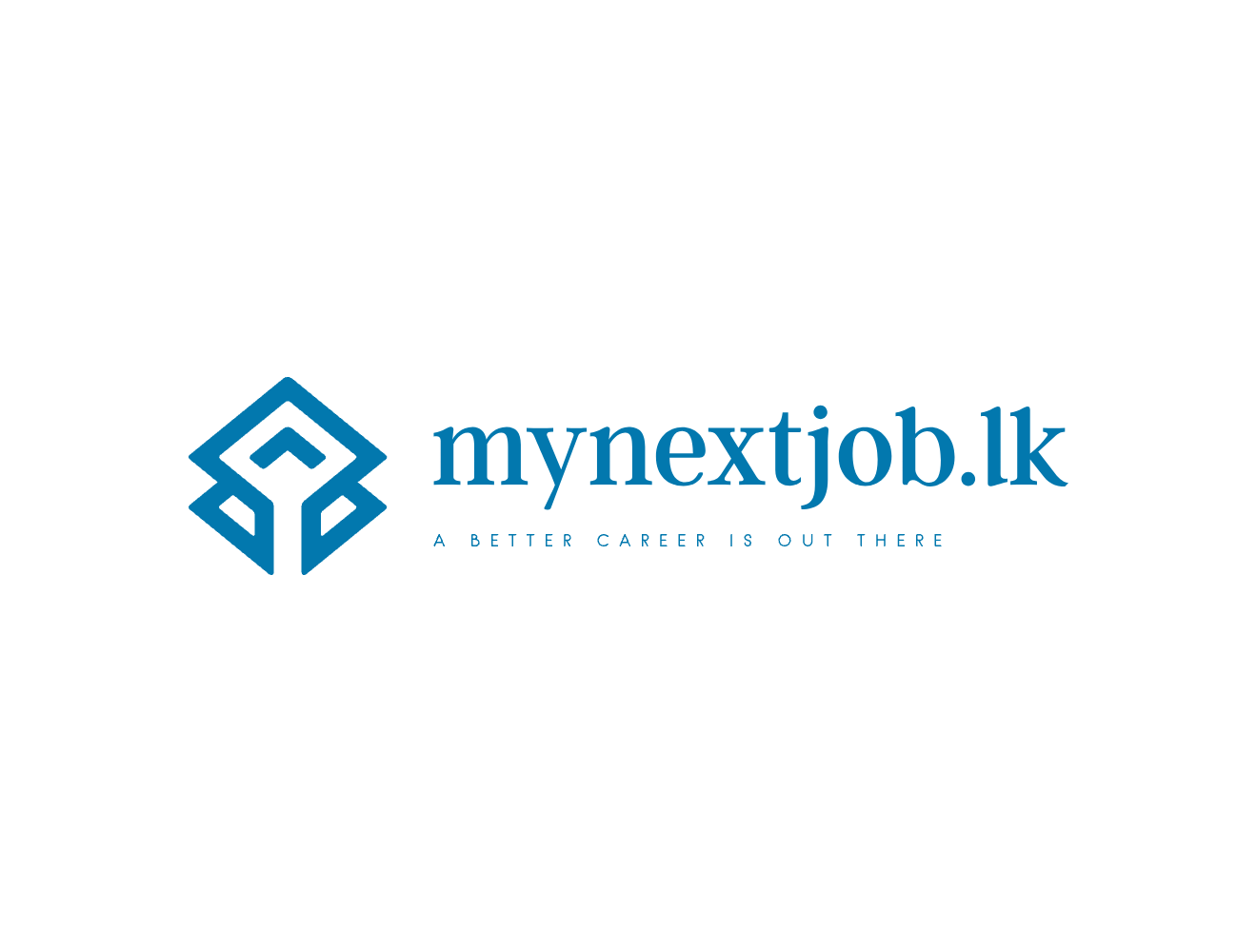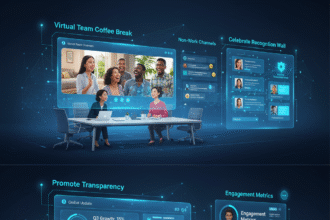Establish Clear Communication Channels
Effective communication is the cornerstone of successful remote work management. With team members scattered across different locations, establishing clear and reliable communication channels is paramount. Utilizing tools such as Slack, Microsoft Teams, and Zoom can facilitate seamless interaction among team members, ensuring that everyone remains connected and informed. These platforms offer various features such as instant messaging, video conferencing, and file sharing, which are essential for maintaining productivity and collaboration in a remote work environment.
Regular check-ins, both formal and informal, play a crucial role in keeping everyone aligned with the team’s goals and progress. Formal check-ins, such as scheduled meetings or weekly updates, provide structured opportunities for team members to discuss their tasks, address any challenges, and plan for upcoming projects. Informal check-ins, on the other hand, can be as simple as a quick message or a virtual coffee chat, fostering a sense of camaraderie and helping to build stronger relationships among team members.
Setting communication norms is equally important in remote work management. Defining expectations regarding response times and availability hours helps to manage workloads and ensures that team members are accessible when needed. For instance, establishing core working hours where everyone is expected to be online can facilitate real-time collaboration and quick decision-making. Additionally, implementing guidelines on how to use different communication tools can prevent miscommunication and information overload. For example, urgent matters can be addressed through instant messaging, while more detailed discussions can take place over email or scheduled meetings.
By prioritizing the establishment of clear communication channels, remote teams can navigate the challenges of distance and time zones, ultimately fostering a more cohesive and productive work environment. Investing time and effort in selecting the right tools and setting communication norms will pay off in enhanced team collaboration and overall efficiency.
Set Clear Goals and Expectations
In the realm of remote work management, setting clear goals and expectations is paramount. Defining precise objectives not only aligns remote employees with the company’s vision but also fosters a productive and accountable work environment. Implementing SMART (Specific, Measurable, Achievable, Relevant, Time-bound) goals is a practical approach to ensure that tasks and projects are clearly defined and progress can be effectively tracked.
SMART goals break down the ambiguity that often surrounds remote work. Specific goals eliminate vagueness and provide clear direction. Measurable goals allow for the tracking of progress through quantifiable indicators. Achievable goals ensure that objectives are realistic and attainable. Relevant goals align tasks with the broader company objectives, ensuring that employees’ efforts contribute meaningfully to the organization. Time-bound goals set deadlines, creating a sense of urgency and focus.
Beyond setting SMART goals, it is essential to provide detailed guidelines and deliverables. Remote employees benefit significantly from well-documented instructions that outline the scope of work, the expected outcomes, and the timelines. Clear guidelines minimize misunderstandings and reduce the need for constant clarifications, thereby enhancing efficiency.
Regular feedback and performance reviews play a critical role in remote work management. Consistent feedback helps employees stay on track and make necessary adjustments in a timely manner. Performance reviews, conducted periodically, offer an opportunity to evaluate achievements, address challenges, and set new goals. This continuous cycle of feedback and reviews ensures that employees remain aligned with the company’s objectives and that any issues are promptly addressed.
In essence, clear goals and expectations, reinforced by SMART criteria, detailed guidelines, and regular feedback, are the cornerstones of effective remote work management. They provide a structured framework within which remote employees can thrive, ensuring that their efforts are consistently aligned with the organization’s strategic vision.
Foster a Collaborative and Inclusive Culture
In a remote work environment, cultivating a collaborative and inclusive culture is paramount for maintaining team cohesion and productivity. One effective technique is the implementation of regular team-building activities. These activities can range from virtual escape rooms to online trivia games, all designed to enhance camaraderie among team members. By participating in these activities, employees can build stronger relationships, which, in turn, fosters a sense of belonging and mutual respect.
Virtual coffee breaks are another valuable tool for promoting an inclusive culture. Scheduled informal gatherings allow team members to engage in casual conversations, much like they would in a traditional office setting. These breaks provide an opportunity for employees to connect on a personal level, share experiences, and discuss non-work-related topics, thereby strengthening interpersonal bonds and enhancing workplace morale.
Utilizing collaborative tools such as Trello, Asana, or Miro is crucial in remote work settings. These platforms facilitate seamless teamwork by enabling efficient task management, real-time collaboration, and transparent communication. For instance, Trello’s user-friendly interface allows team members to track project progress, assign tasks, and share updates effortlessly. Similarly, Asana’s comprehensive project management features help teams stay organized and focused on their objectives. Miro, with its interactive whiteboard capabilities, encourages creative collaboration and brainstorming sessions, making it easier for remote teams to work together effectively.
Ensuring that all team members feel valued and included, regardless of their location, is essential for fostering an inclusive culture. This can be achieved through regular check-ins, inclusive decision-making processes, and recognizing the contributions of every team member. Celebrating milestones and recognizing individual and team achievements play a significant role in boosting morale and engagement. Acknowledging accomplishments, whether through a company-wide announcement or a personalized note, reinforces a sense of appreciation and motivates employees to continue performing at their best.
Prioritize Employee Well-being and Work-Life Balance
In the realm of remote work, prioritizing employee well-being and maintaining a healthy work-life balance are critical. Remote workers often encounter unique challenges, such as feelings of isolation, potential burnout, and the blurring of boundaries between work and personal life. These issues can significantly impact productivity and overall mental health if not adequately addressed.
One of the primary concerns is isolation. Remote employees can feel disconnected from their peers, leading to a sense of loneliness. To counteract this, fostering a sense of community through regular virtual team-building activities and open communication channels is essential. Additionally, scheduling regular check-ins can help managers stay connected with their team members, offering a platform for employees to voice their concerns and feel heard.
Burnout is another prevalent issue in remote work settings. Without the clear separation of office and home spaces, employees might find themselves overworking. Encouraging regular breaks throughout the day and promoting a culture that respects time off can mitigate burnout risks. Instituting clear guidelines around working hours and ensuring employees log off at a reasonable time are practical steps towards achieving this balance.
The blurring of work-life boundaries poses a unique challenge in remote work environments. Establishing a designated workspace within the home can help create a physical boundary between work and personal life. Encouraging employees to set daily routines and stick to them can also aid in managing this balance. Offering flexibility in work schedules allows employees to attend to personal matters without feeling overwhelmed, contributing to better overall well-being.
Managers play a pivotal role in supporting their teams. Being approachable and understanding of individual circumstances fosters a supportive environment. Providing access to wellness programs, mental health resources, and professional development opportunities demonstrates a commitment to employee well-being. By actively promoting these practices, managers can ensure a healthier, more productive remote workforce.











